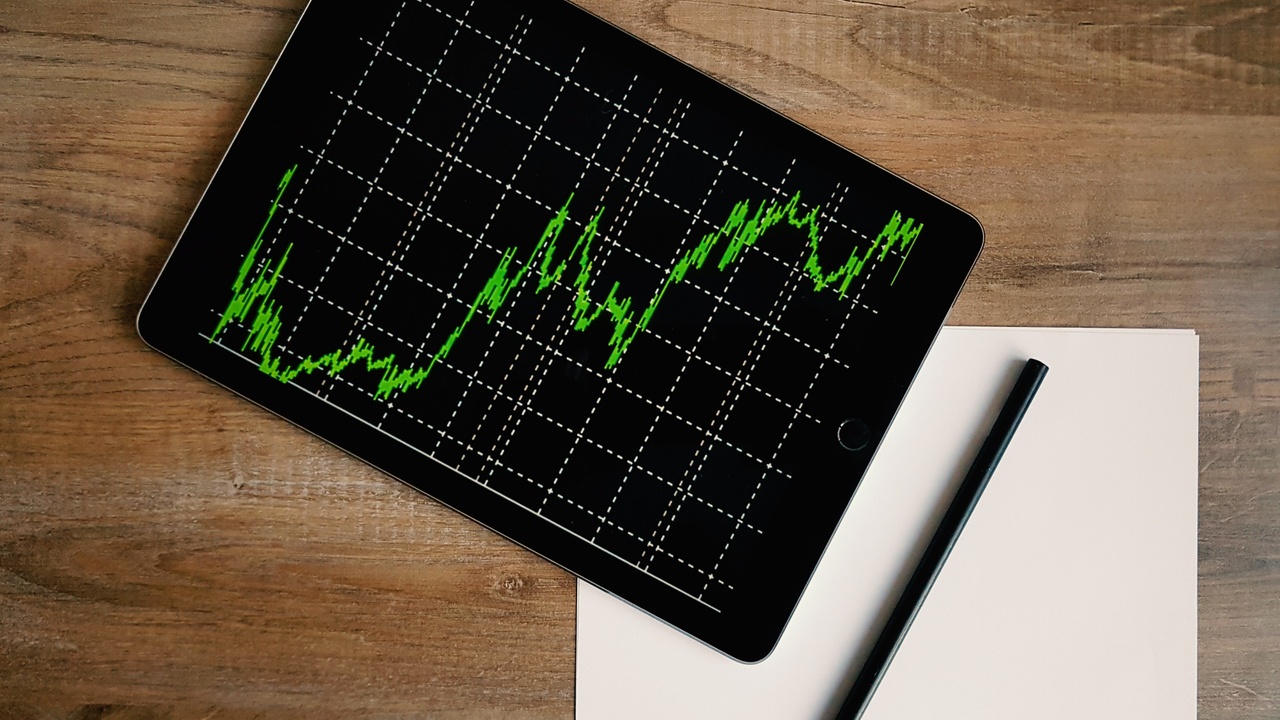4 Ways Emotions Ruin Smart Investing

“The market has been on fire! I’m putting more money in!”
“The market is tanking! I’m taking all of my money out!”
I heard comments like these over and over again. As a response to momentary gains or losses in the stock market, reactionary decisions are made. And rarely are they smart decisions.
When it comes to investing, emotions are your enemy. Allowing emotions to guide your investment decisions will lead most to buy high and sell low, never creating the gains necessary to build a solid retirement fund. Today, we’re going to look at four ways that emotions ruin smart investing in hopes that you don’t fall into the emotional investing trap like some many do.
1. Emotions are often focused on the present, not the future.
Now, let me be clear, the present matters. But often, we are so consumed with day to day market volatility that we miss the big picture. We are not investing for today. We are investing for the future. When you keep your eyes on the future, bumps in the market seem less dramatic. So, limit emotional decision-making by focusing on the future.
2. Fear is often the emotion felt during a down market.
When the market heads south, we are sometimes suddenly filled with fear. But making fear-motivated investment decisions rarely results in a sound, thoughtful decision. We saw this in 2008. As the market plummeted, individuals were pulling out of the market, swearing that they would never invest again. Of course, most of those people probably would now agree that their decision wasn’t the best. During a down market, fear is often your worst enemy.
3. Overconfidence is often the emotion felt during an up market.
Whereas fear can hurt you during down markets, overconfidence does the same during up markets. We saw this right before the dot-com bubble burst in 2000. We may even look back on 2020 and point out something similar. Up markets can lead people to view the market as free money. Individual investors, who have no idea what they’re really doing start purchasing riskier investments. Those who were never in the market before jump in, not wanting to miss out on making an extra buck. Overconfidence fills the market and creates an opposite effect of fear. However, the result can be just as devastating.
4. Regret is often the emotion felt when looking back on prior investment decisions.
You fear the drop and miss out on the gain. You’re confident that the market will always go up and get hit with significant losses. You find yourself filled with regret. When it comes to investing, we all have felt regret. Why didn’t we invest in Amazon earlier? While regret can help us make better investment decision moving forward, we must be careful not to overcorrect. But regret can lead us to do just that. We missed Amazon so we invest heavily in the latest tech startup, a risky move. Can sound investing come from regret? Sure. But be careful not to overcorrect and find yourself regretting another unwise investment decision.
The Bible says that saving is wise. So be wise. Save and invest for the future. But don’t let emotions determine your investment decisions.
About the author: Art Rainer is the found of Christian Money Solutions, author of The Money Challenge, and hosts the More Than Money podcast.
